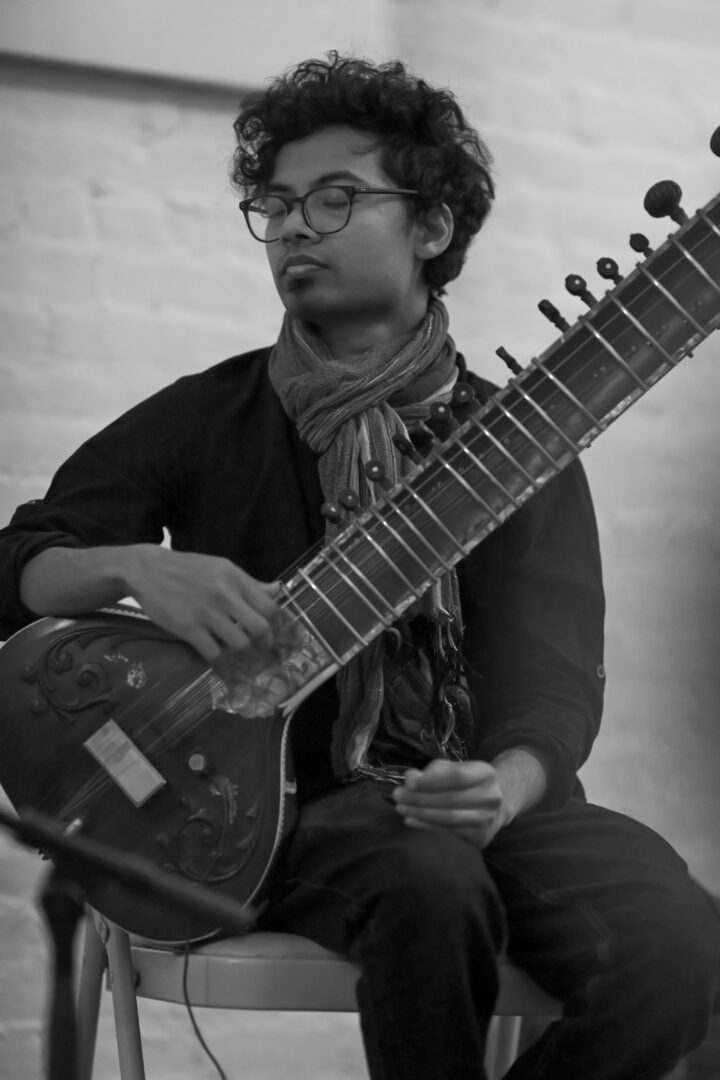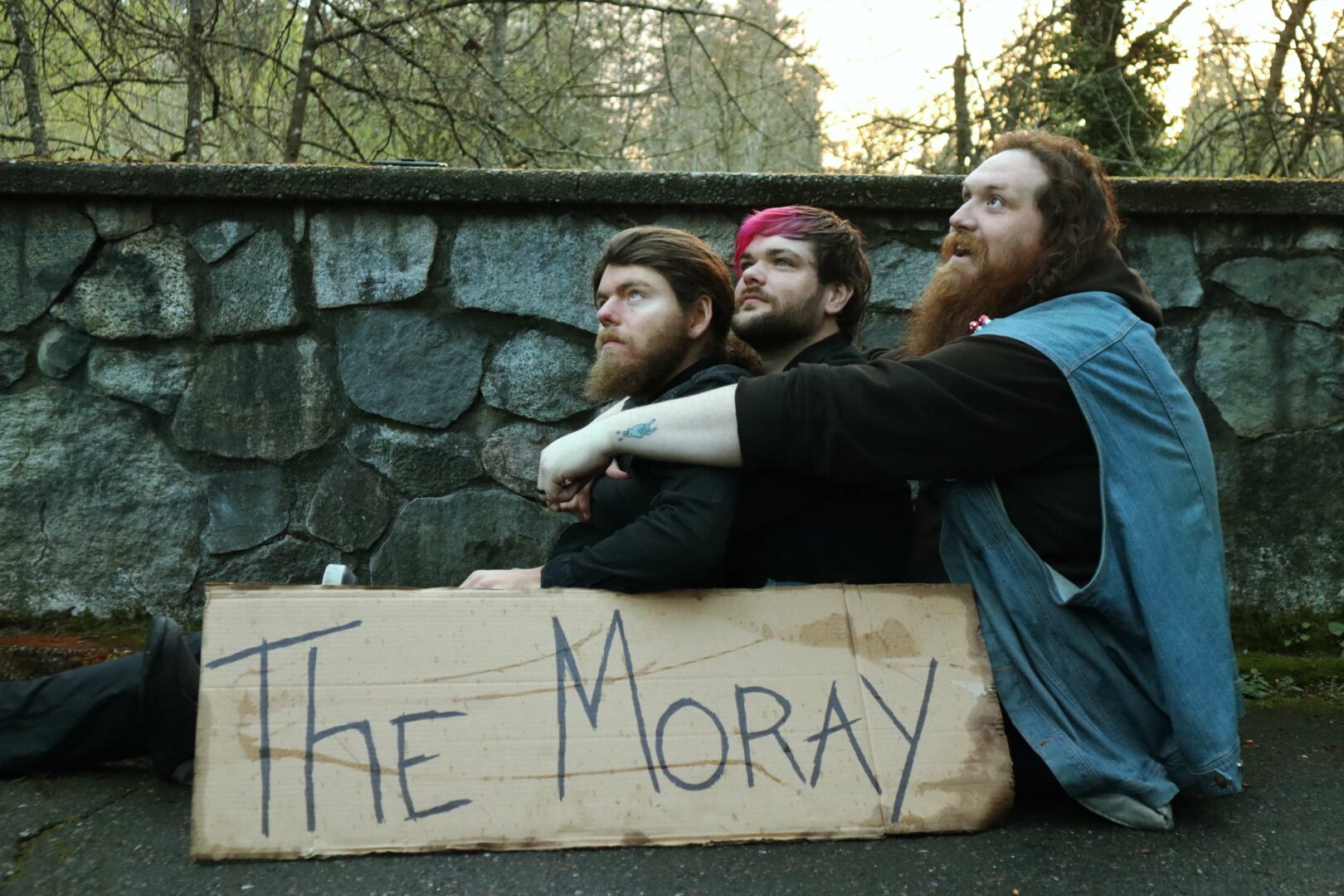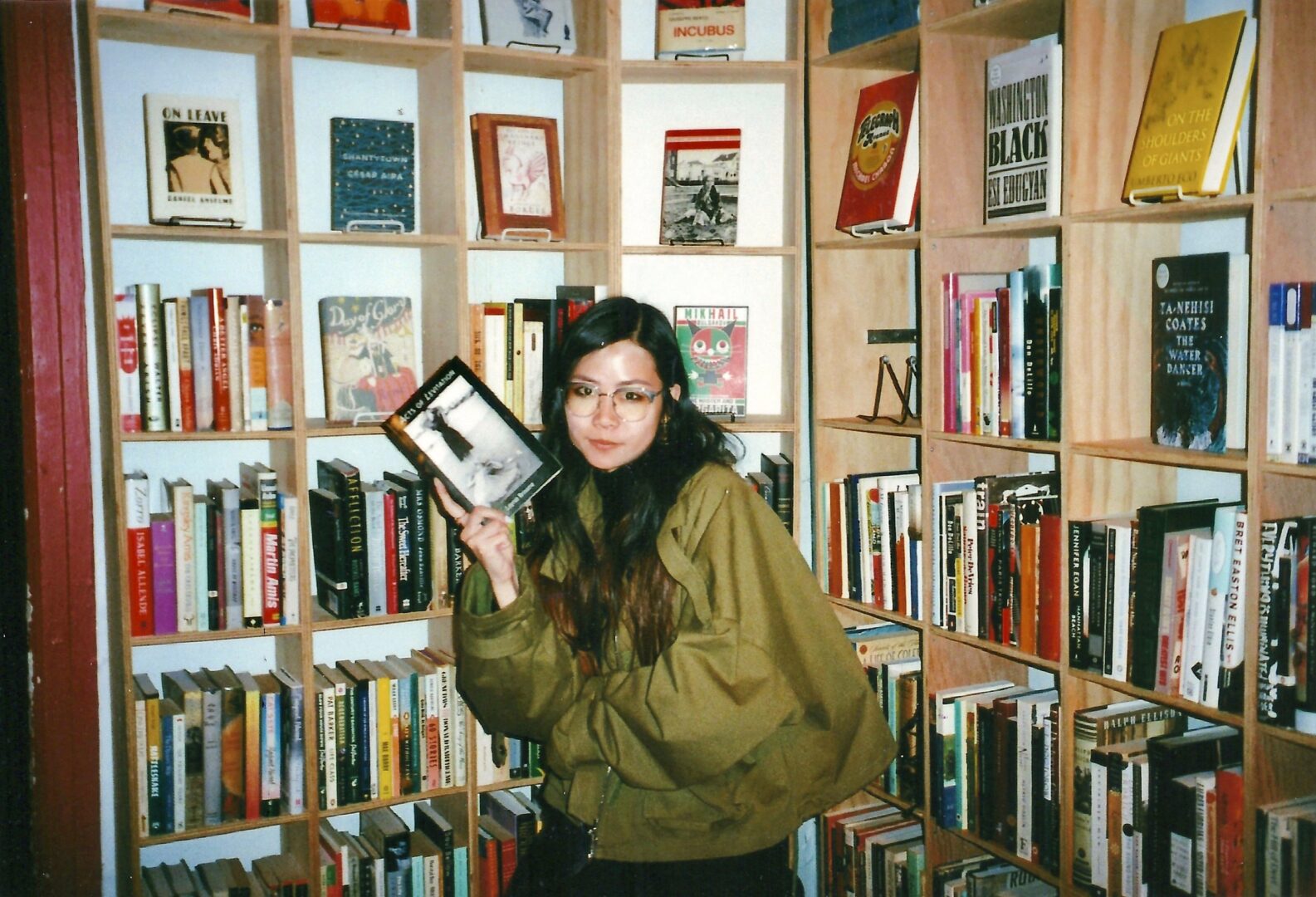We caught up with the brilliant and insightful Snehesh a few weeks ago and have shared our conversation below.
Snehesh, thank you so much for making time for us. We’ve always admired your ability to take risks and so maybe we can kick things off with a discussion around how you developed your ability to take and bear risk?
I feel I can best answer this through an analogy. In Hindustani classical music, which is my primary musical background, we are improvisers constantly taking leaps of faith. We often attempt to execute spontaneous musical phrases three times (a sort of magic number in this tradition) that must resolve on a very specific beat in the rhythmic cycle — a moment that feels like “coming home.”
The shorter the phrase, the easier it is to trust that you’ll land in the right spot. But the more intricate and elaborate the phrase, the trickier it becomes to know for sure. No one wants to resolve awkwardly after building tension and energy through long phrases. Yet, despite the risks, we are often encouraged to attempt them regardless of the outcome. After all, what’s the worst that could happen?
The more one takes these risks, the deeper their understanding of the time-space they’re navigating becomes — and this is crucial. Trying to determine whether this risk-taking attitude in music inspired me to apply it in real life, or whether my real-life attitude inspired me to apply it in music, is a bit like solving the chicken-and-egg problem, but I like to think it is the former. From moving to a new country without a clear plan in mind but a strong feeling, to choosing to pursue full-time music over a “safer” job, risk taking has landed me where I am today, and I feel blessed. I’m also aware of the privileges that have allowed me to take risks in life, and I am grateful for them.
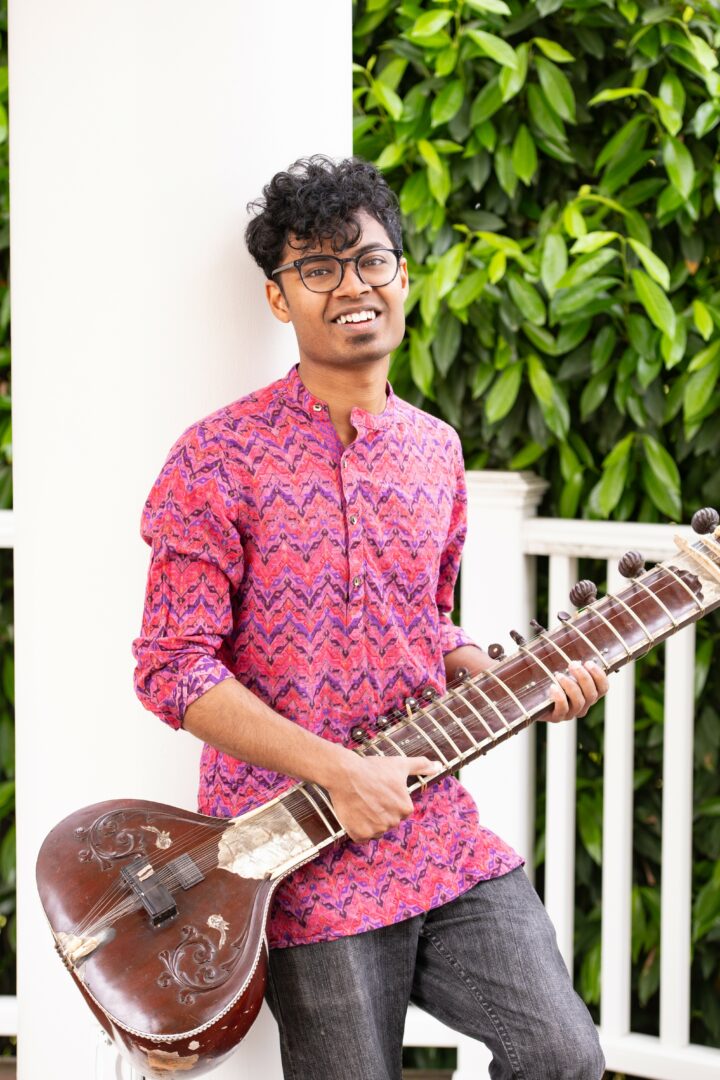
Great, so let’s take a few minutes and cover your story. What should folks know about you and what you do?
I’m a musician, composer, and performer on a continuous journey of discovering new ways to express myself. I primarily play the sitar, and my current work focuses on two main aspects—carrying forward the rich tradition of Hindustani classical music and creating cross-genre music inspired by my interests in rock, electronic, jazz, and Western classical music. Having been immersed in the vast ocean of Hindustani classical music since the age of four, I find my roots in it to be deeply grounded. Lately, in addition to exploring this tradition, I’ve been composing music centered around the sitar, recontextualizing it within arrangements influenced by my diverse musical inspirations.
There is no better feeling as a musician than connecting deeply within and seeing that connection resonate with the audience. There is always a story to be told, and stories bring people together. Sometimes the story is just a feeling, and that’s often enough. That is what excites me about making music.
Looking ahead, I’m excited to work with various collaborators and release a diverse and eclectic range of music this year and next. This includes singles from my upcoming debut album—some of which I’ve been performing live over the past few months—and features collaborations with various musicians. Nag Mahal, an album centered around the sitar and double bass accompanied by rich orchestral and contemporary instrumentation is set to be released this fall. Another project, Letters in Vernacular, featuring sitar, drums, and bass, will begin releasing singles starting this summer. I’m also currently working on a Hindustani classical music EP exploring themes of resilience and peace.
Apart from making music, I’m currently utilizing my background in technology to design a couple of augmented sitars. One is a long-term project aimed at converting the sitar into a MIDI controller, expanding its sonic expressivity. The other is a more immediate project that involves installing an additional fretboard on the sitar, enabling the playing of guitar-like chords. I’m also planning to work with generative AI to gain a deeper understanding of Indian ragas and expand their pedagogy.
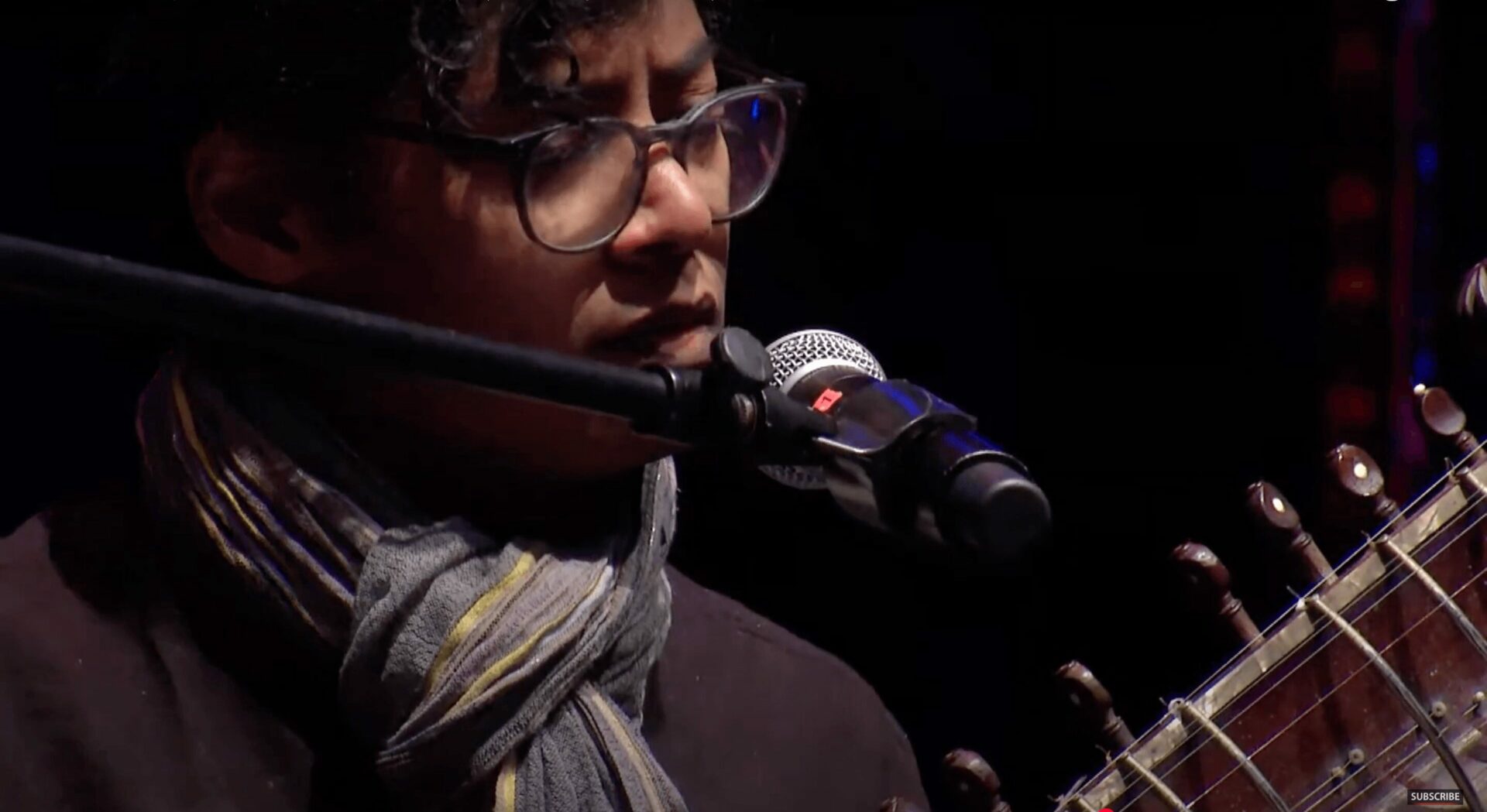
If you had to pick three qualities that are most important to develop, which three would you say matter most?
I would list listening, openness to experience, and persistence as three qualities that have played an important role in my journey. Listening is of course multi-faceted, whether it be intently absorbing a piece of music over and over again, or opening one’s awareness to the world and the rich tapestry of sounds it offers, or being sensitive to one’s feelings and how different people and cultures look at the world. I think it’s important to embrace the rawness of our emotions. This, paired with the expertise in one’s art form, allows one to express in an effective and honest way. Being adventurous has allowed me to keep things fresh and exciting. With improvisation as a key component of Hindustani classical music, I’ve learned to embrace taking leaps of faith from time to time. Also, at the end of the day, I see the world as mostly absurd, which makes me excited to explore unconventional ideas. Finally, persistence drives me to continually refine my craft until I can clearly communicate what I envision in my heart and mind.
The late Ustad Zakir Hussain always said, “Be obsessed.” There is no better way to get really good at something than by spending time with it, unraveling its many mysteries. One piece of advice I’ve received and applied to my own practice is to choose a piece of music I truly admire and want to emulate, then listen to it a thousand times. Also, don’t sleep on ear training. Be open-minded and open-hearted, and trust your instincts.
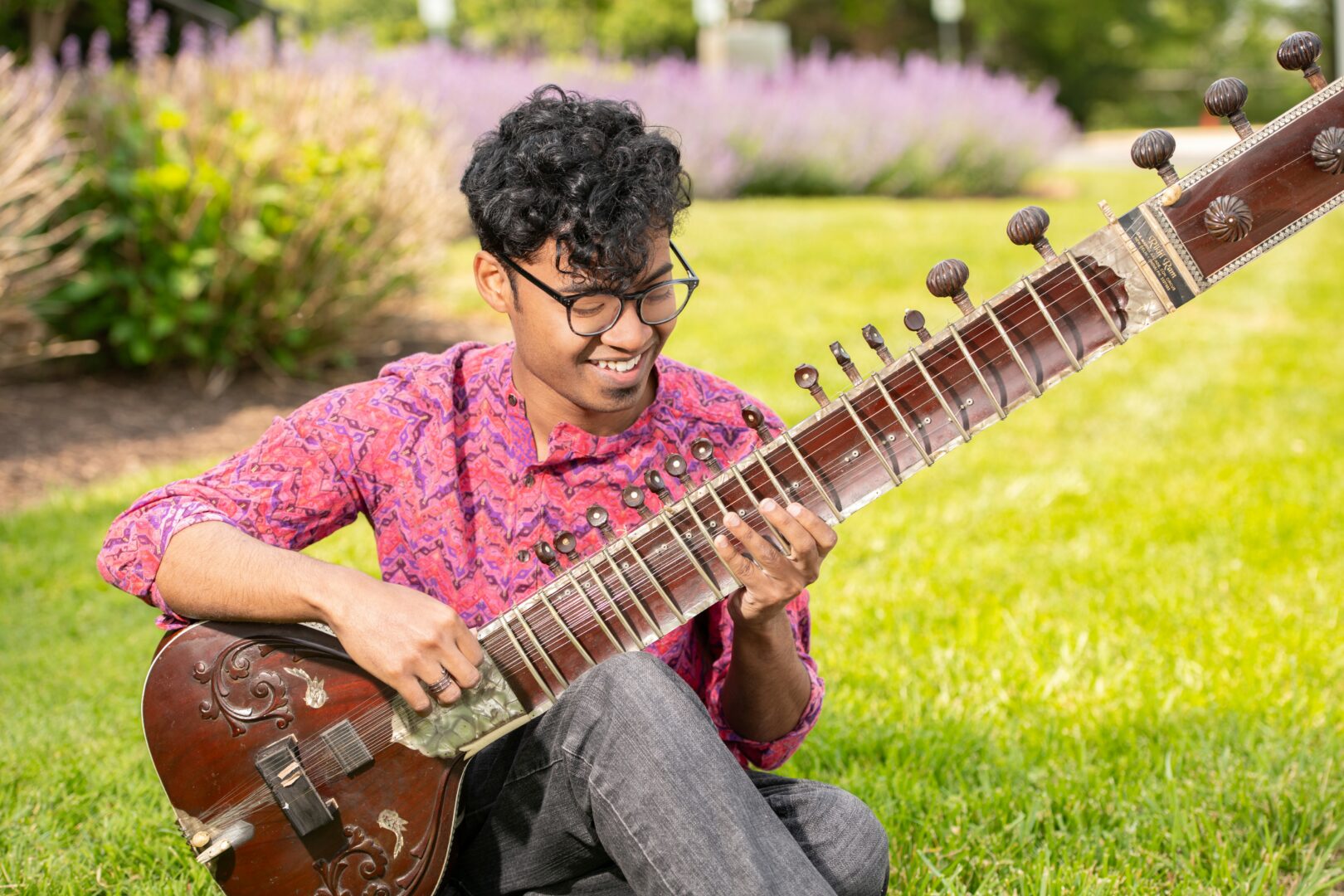
What’s been one of your main areas of growth this year?
I would say that developing a strong sense of identity has been my greatest area of growth over the past 12 months, especially after choosing to pursue music full-time. In the past, I often struggled to reconcile what I was doing with what I truly wanted. However, with newfound freedom in terms of time and space, I’m finding it increasingly natural to dedicate myself to the things that truly matter.
Contact Info:
- Website: https://sneheshnag.com/
- Instagram: https://www.instagram.com/vibratito/
- Facebook: https://www.facebook.com/snehesh.nag
- Linkedin: https://www.linkedin.com/in/snehesh-nag/
- Youtube: https://www.youtube.com/@sneheshsitar
- Other: https://open.spotify.com/artist/3XbfLu09CpKHkrk2yMO0vy?si=4X04JQbqRi2jurSpGvtIRQ
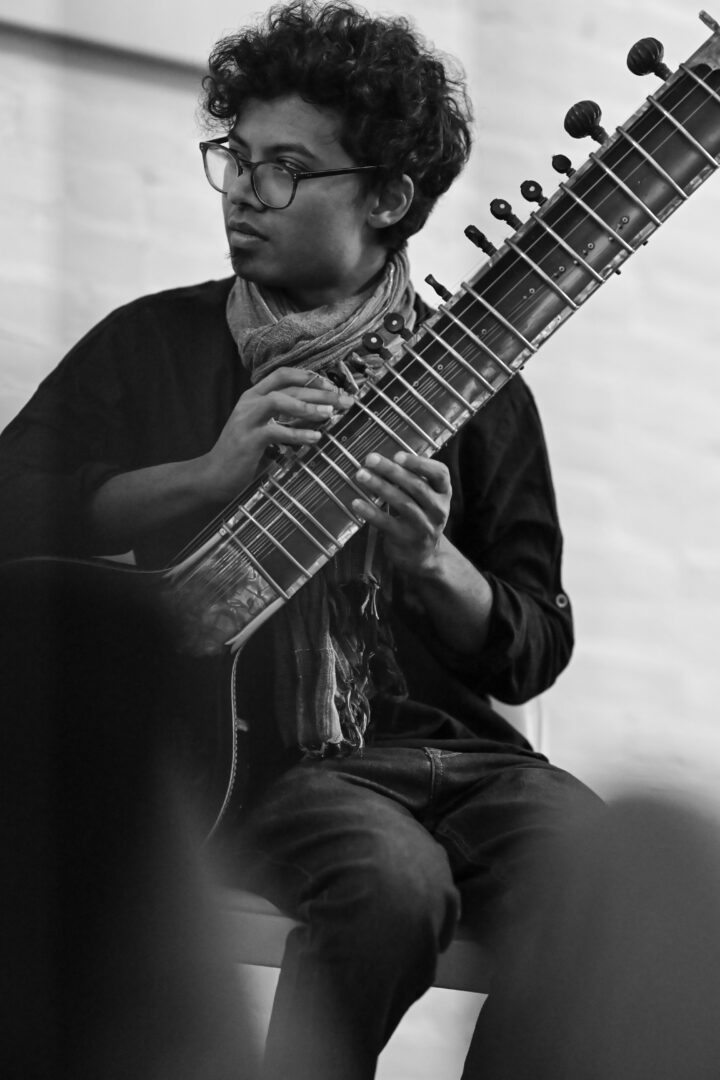
Image Credits
Vishwa Vivek
Margot Schulman
so if you or someone you know deserves recognition please let us know here.

